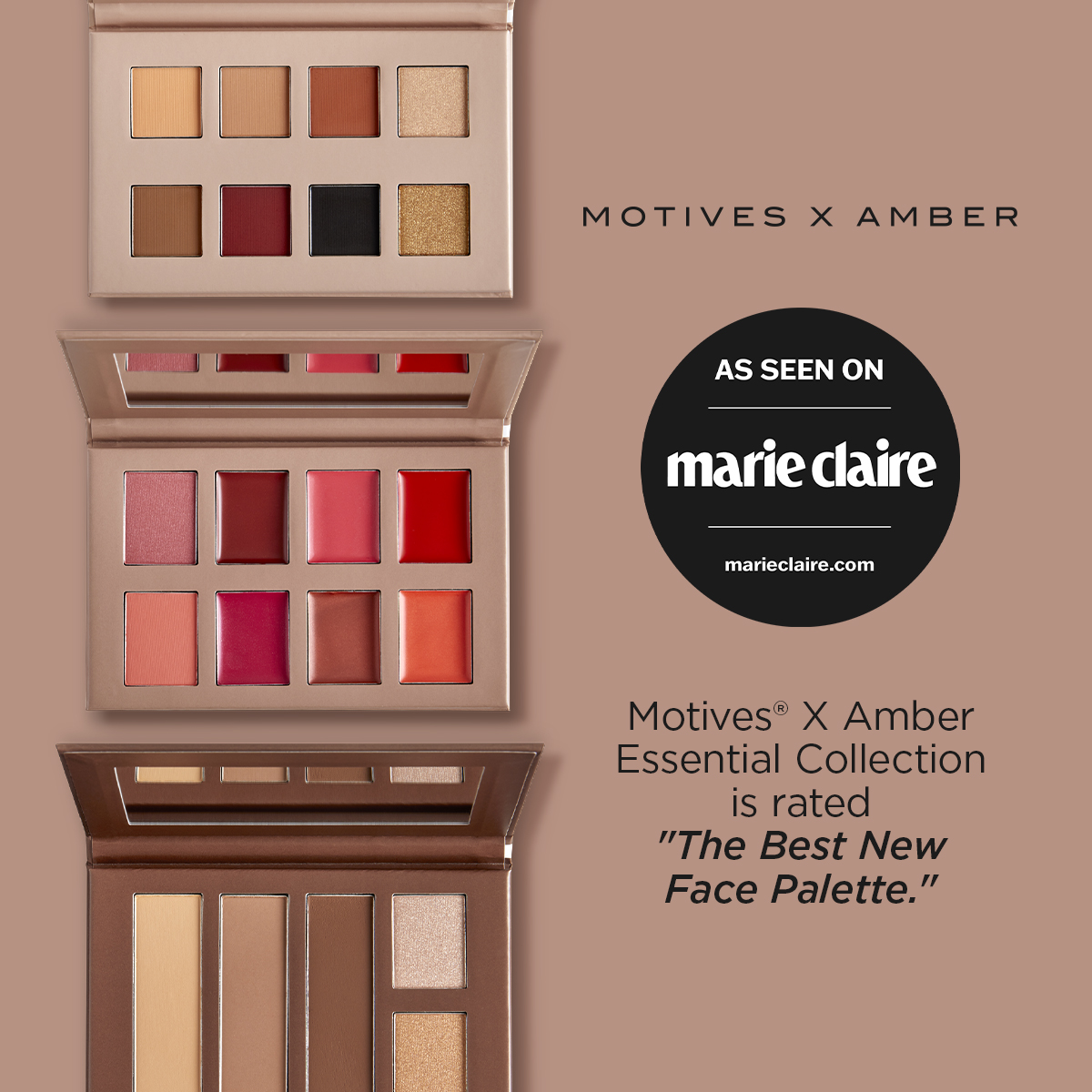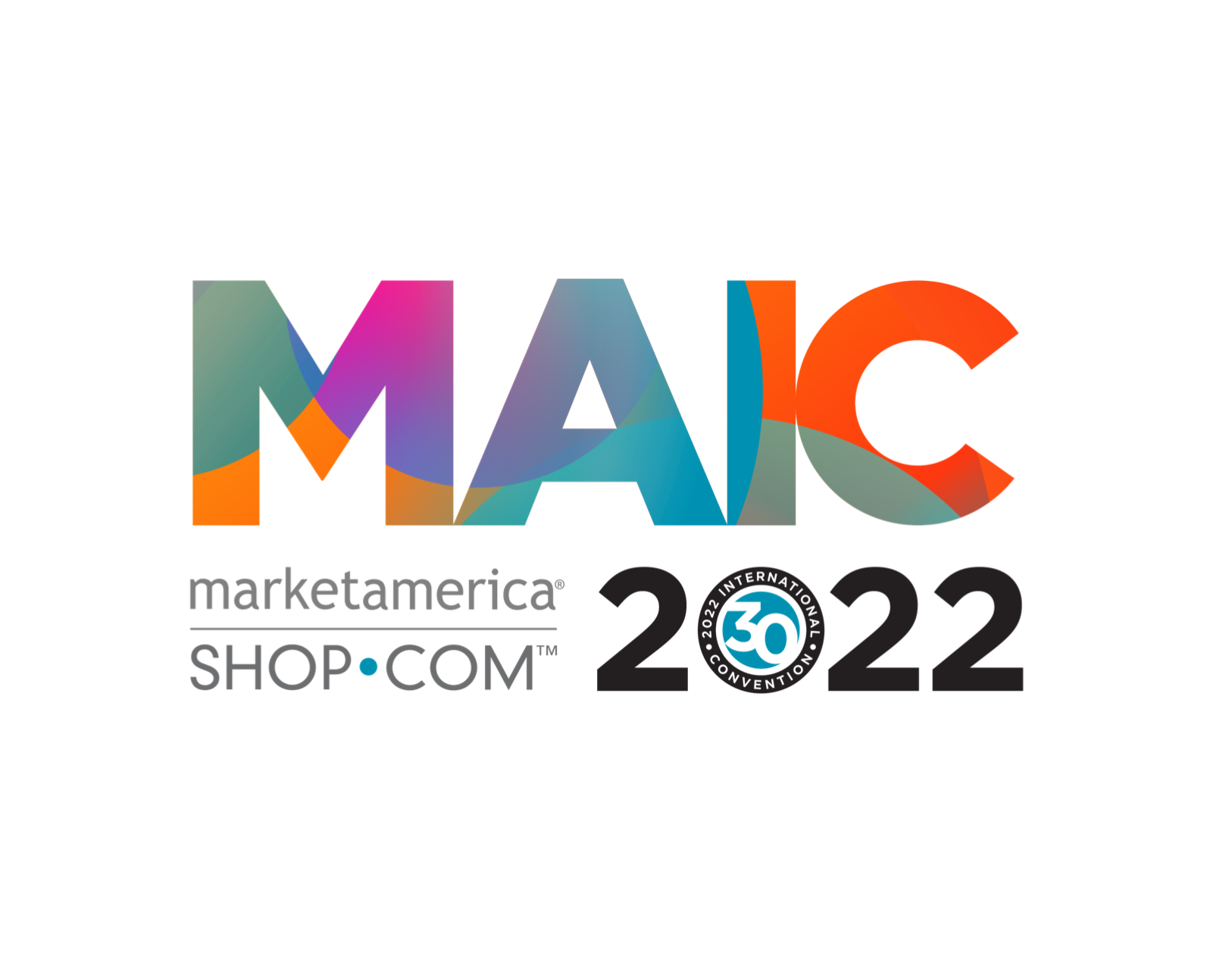The beauty industry is still largely dominated by retail conglomerates – but the share of online sales has been growing recently. In 2020, online sales for beauty in the U.S. grew by 5.6% while offline sales dropped by 1.2% in the same year, according to data by Terakeet. And the trend is not likely to reverse.
Yet, driving online sales, attracting potential customers and creating brand awareness online is impossible without digital marketing strategies. Thus, knowing what works and what doesn’t in digital marketing for the beauty industry makes a critical difference. But where do you get that knowledge?
In college, they can only teach you so much. So, it can be wise to delegate your academic papers to EssayHub and try your hand in the fields instead. Whether you choose to promote your own startup or to work as a marketing specialist for big cosmetics brands, our six digital marketing tips will surely prove useful.
Master Video Marketing
Video marketing has continually been on the rise since at least the mid-2010s. In 2021, 86% of businesses use videos as a marketing tool, according to a survey by Wyzowl, with 87% of video marketers reporting that videos give them a positive ROI.
For cosmetics brands, video marketing is a crucial strategy because of the highly visual nature of the beauty industry. Video content is also proven to show better results than static images. For example, Clinique managed to boost their ad recall rate by 70% and raise brand awareness by 26% by substituting images with product-centered short videos.
Still, there is more than one way to engage potential customers via video marketing. The most popular are:
- Product announcements
- Product reviews
- Makeup tutorials and how-to’s
- Testimonials
Used as part of a consistent marketing strategy encompassing all critical online platforms, these content types can demonstrate staggering results.
Harness The Power Of UGC
UGC is user-generated content, and it presents numerous exciting opportunities for digital marketers across industries. In the beauty industry, UGC is a great source of material that is both highly effective and expense-free.
The most common types of UGC that can be used for marketing purposes in the cosmetics industry include:
- Customer reviews and testimonials
- DIY videos
- Unboxings
All these can be found in abundance on social media. However, it’s not always easy to spot them unless you ask users to tag your brand. The best strategy to encourage them to do so is to organize online contests and challenges including posting tagged original content on social media as an entry requirement.
Team Up With Influencers
Beauty influencers remain a dominating force on social media. With thousands or even millions of loyal followers, they can be powerful allies to your beauty brand and significantly boost the sales of a certain product or product line.
In most cases, all you need to do when working with an influencer is offer a mutually beneficial deal and give some guidelines. All the rest is usually up to the influencer to decide because no one else knows their audience better than they do. Thus, you can save time and money on content production and still get excellent results.
However, be careful to avoid impostors. In order to pick the right influencer, remember to do the following:
- Check if the followers are real people, not bots
- Compare target audiences;
- Look for the right values and tone of voice
After the campaign, check the feedback and statistics to decide if you can offer more deals to the chosen influencer.
Foster Communities
Online communities are no novelty – just think about online thematic forums that have been around for decades. People have always enjoyed communication with like-minded peers who share their interests in a particular topic. Now, brands have recognized people’s need to be part of a community as a powerful marketing opportunity.
Some beauty brands are already using communities for their benefit. For example, Sephora’s Beauty Insider Community is a popular online space featuring groups, thematic online forums, and exclusive members-only events. It plays a significant role in building up trust and loyalty for the brand.
While communities take time and effort to create and support without bringing instant profit, they are vital in the long run. By directly interacting with customers via communities, brand representatives can both establish rapport and acquire data that would be hard to attain otherwise.
Offer Virtual Experiences
AR (augmented reality) and VR (virtual reality) technologies have gained huge momentum during the pandemic when real-life experiences were scarce. But even before that, the beauty industry has been testing the amazing possibilities these technologies can offer to their customers.
One of the pioneering companies in this field is L’Oreal. Using AR and VR technologies, it already allows its customers to virtually “try on” its makeup products using specialized mobile apps, social media filters, and even street billboards. Another example is Ulta’s GLAMLab – a “virtual live try-on experience” available as part of the UltaBeauty mobile app. And there are more.
These technologies, though still considered rather innovative, are sure to develop further. They will, therefore, become more accessible and widespread. Then, more and more customers will prefer online shops to brick-and-mortar stores that currently have the lion’s share of the beauty and wellness market.
Optimize Your Content
Search engine optimization (SEO) might seem old-fashioned, but nevertheless, it still works. However, it takes some ingenuity and experience to make the most of this digital marketing channel.
Here are a few suggestions on how you can use search engines to your brand’s advantage:
- Try PPC (pay per click) advertising to instantly boost search engine performance.
- Create quality SEO content and use a social seeding strategy – i.e. showcase it on popular online platforms.
- Learn SEO for YouTube. Since YouTube has its own search engine, SEO techniques for this platform also differ from standard SEO. As we’ve already mentioned, YouTube is a crucial platform for the beauty industry, so it’s vital to ensure you use its full marketing potential.
It’s also important to remember that, in the long run, clever SEO strategies are more beneficial than investing in PPC, and typically provide higher ROI.
Summing Up
The beauty industry is growing every year, and it’s becoming more and more online-oriented. Consequently, digital marketing is now playing an increasingly important role in the overall marketing strategy for cosmetics brands.
Although more and more colleges and universities offer digital marketing programs, they typically don’t provide instantly applicable, up-to-date techniques. If you feel the lack, use the tips listed in this article to boost your performance as a marketing specialist or a beauty brand owner.






